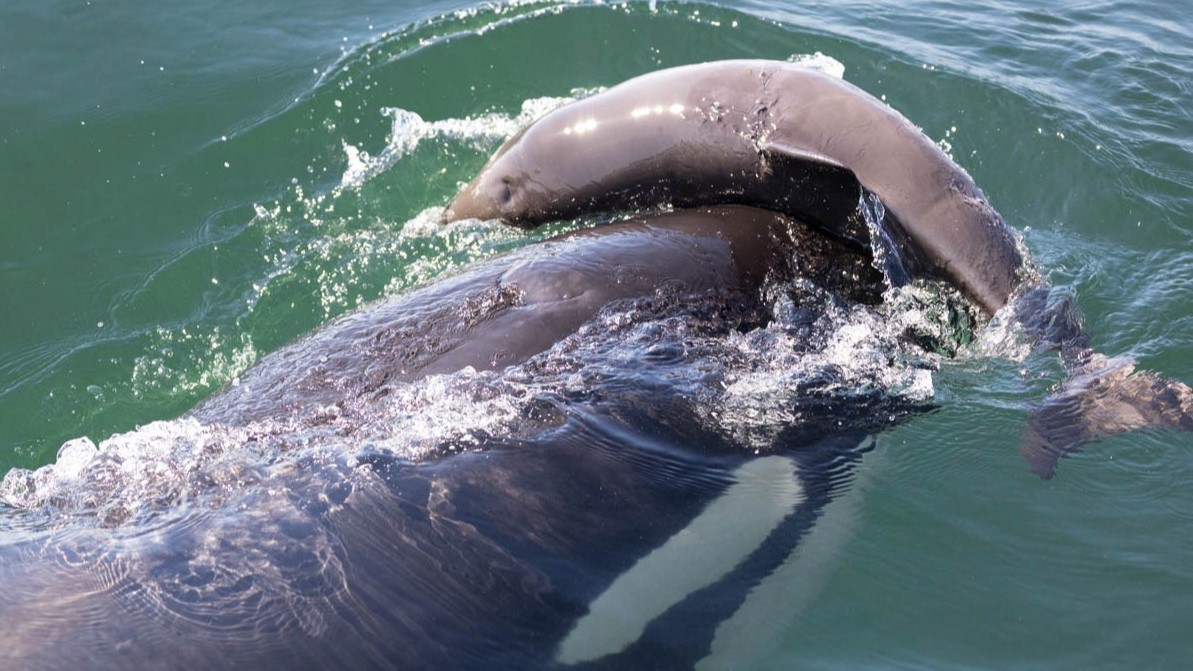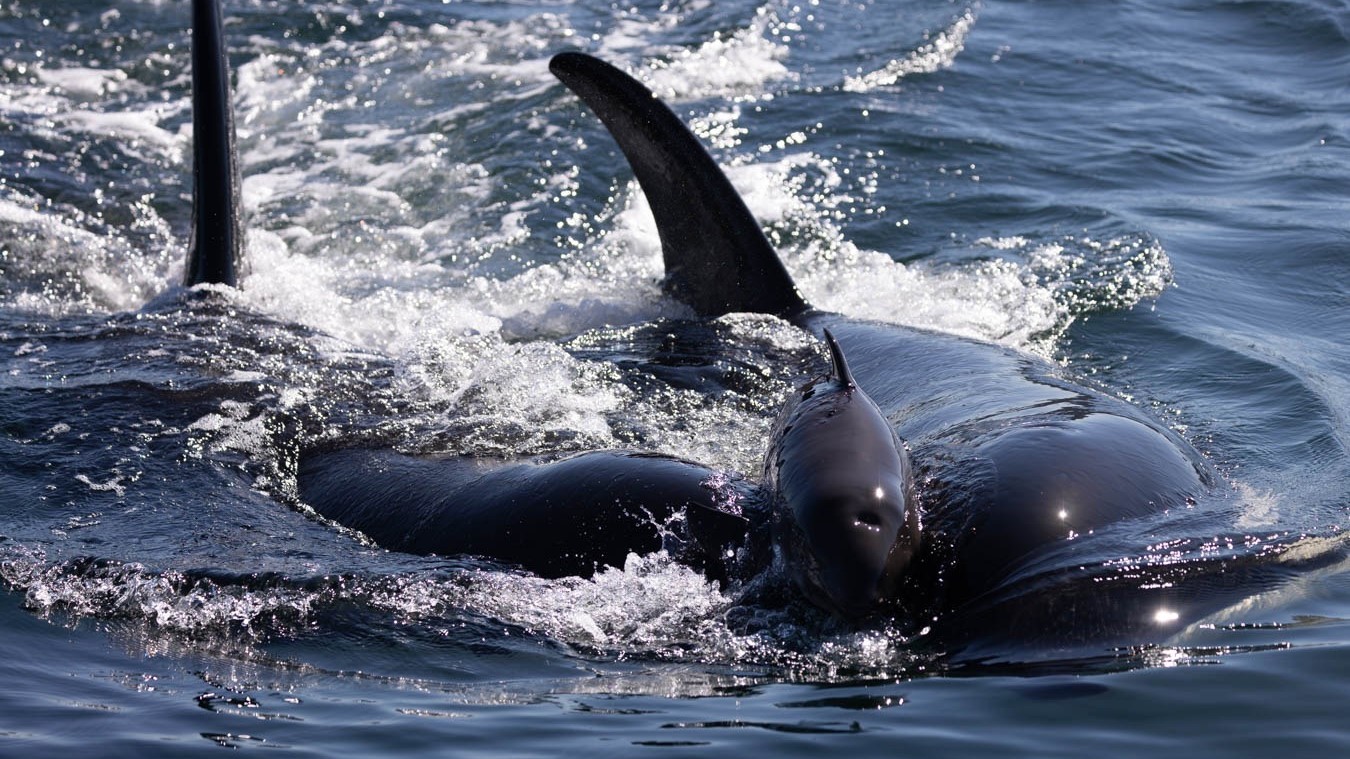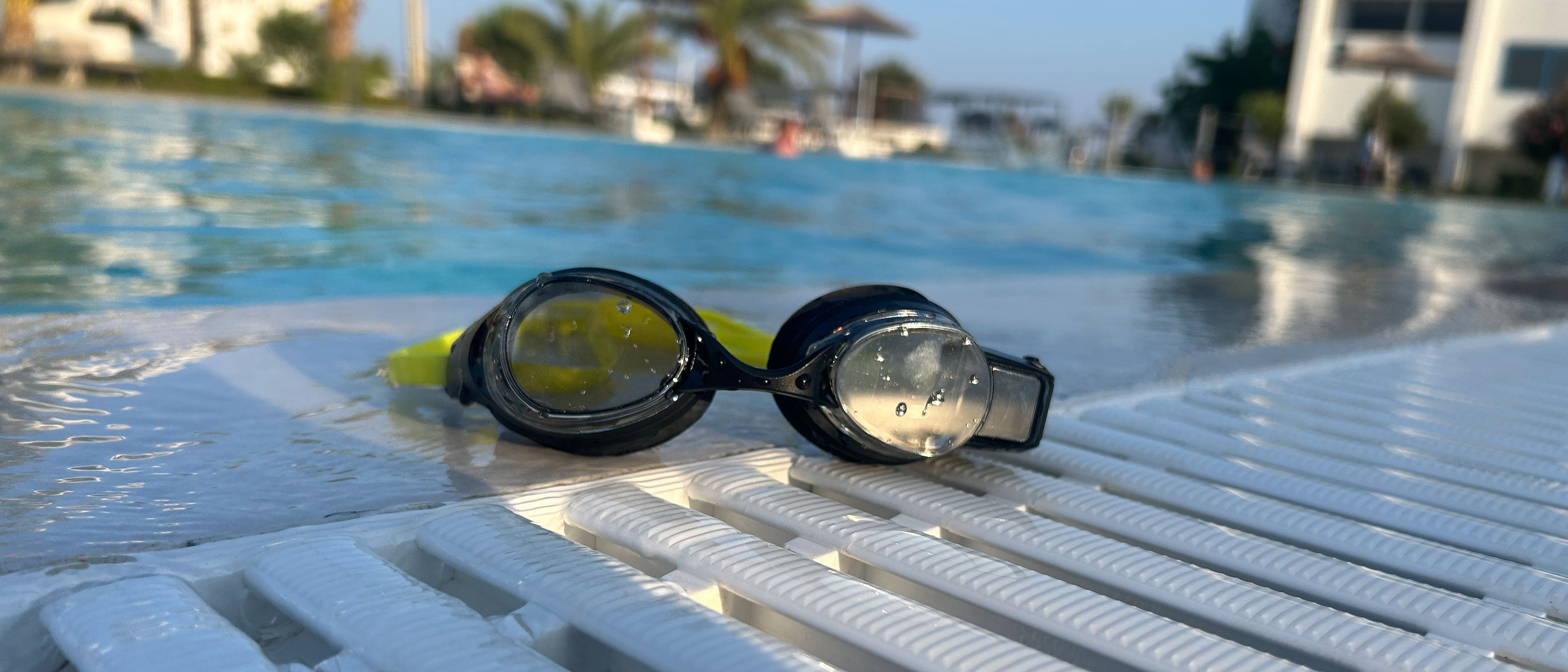Orcas are harassing and playing with baby porpoises in deadly game that has lasted 60 years
Scientists may have finally figured out why a population of orcas in the Salish Sea have been tossing porpoises around and taking them into their mouths without eating them.
Orcas have been harassing and toying with porpoises in the Salish Sea for 60 years, often to the point of killing them, but never eating them. Now, researchers think they know why.
The perplexing behavior, dubbed "phocoenacide" or "porpicide," often involves several orcas (Orcinus orca) tossing porpoises (Phocoenidae) around for up to five hours, traumatizing and sometimes killing their plaything.
"I always liken it to a group of friends in a swimming pool and they have a ball between them and the object is to keep the ball above the water," study lead author Deborah Giles, an orca researcher at the University of Washington and research director at the non-profit Wild Orca, told Live Science.
The orcas belong to a small and endangered population called southern resident killer whales that live off the Pacific coast of North America. They are fish-eaters, meaning it's unlikely they are playing with porpoises to consume them — deepening the mystery of why these orcas do it.
Related: Scientists investigate mysterious case of orca that swallowed 7 sea otters whole
"In some cases, you can barely see that there was any interaction," Giles said. "You'll see teeth marks where the [killer] whale was clearly gently holding the animal, but the animal was trying to swim away, so it's scraping the skin."
To find out why the orcas engage in this strange behavior, Giles and her colleagues pored over observational records from 1962 to 2020. Porpicide came and went in waves, Giles said, with orcas engaging in the behavior periodically and ditching it again, sometimes for several years. "It's considered a rare behavior, but when it happens, it's notable," she said.
Get the world’s most fascinating discoveries delivered straight to your inbox.
There are 78 documented cases of southern resident orcas harassing often very young porpoises, with 28 cases resulting in death from "killer whale-induced trauma," the researchers wrote in the study, published Sept. 28 in the journal Marine Mammal Science.
Tossing porpoises around is almost certainly a form of social play, Giles said. But the aim of the game probably isn't to kill, as orcas sometimes continued throwing the porpoises around long after they had died. The activity may strengthen bonds between players and improve coordination and teamwork, according to a statement.
Playing with porpoises could also teach orcas valuable survival skills. Baby harbor porpoises (Phocoena phocoena) and Dall's porpoises (Phocoenoides dalli) are similar in size to the southern residents' favorite food — chinook salmon (Oncorhynchus tshawytscha) — so "it's possible that the whales are using it to learn how to chase fish," Giles said.
Young orcas and their moms often play with porpoises together, in what could be hunting lessons. " Sometimes they'll let the porpoise swim off, pause, and then go after it," Giles said, which could test and fine-tune the orcas' coordination and prey-handling skills.
Female orcas may also get involved for another reason. Playing with porpoises might be an attempt to provide care for the small mammals, in what is known as a "mismothering behavior," according to the study.
This "might be due to their limited opportunities to care for young" of their own, Giles said in the statement. "Our research has shown that due to malnutrition, nearly 70% of Southern Resident killer whale pregnancies have resulted in miscarriages or calves that died right away after birth."
The southern residents' porpicidal tendencies remain somewhat mysterious, Giles said, but the behavior appears to have spread through the population and across generations over the past 60 years.
"It is possible that porpoise harassing and killing behavior was spread via social learning," the researchers wrote in the study.

Sascha is a U.K.-based staff writer at Live Science. She holds a bachelor’s degree in biology from the University of Southampton in England and a master’s degree in science communication from Imperial College London. Her work has appeared in The Guardian and the health website Zoe. Besides writing, she enjoys playing tennis, bread-making and browsing second-hand shops for hidden gems.




